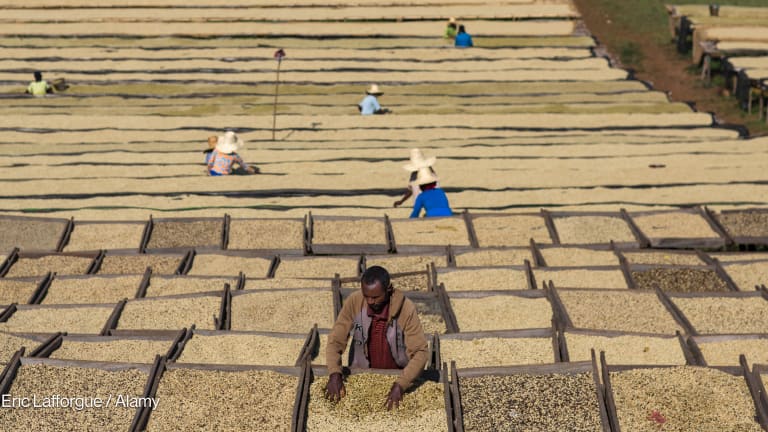WASHINGTON — Belgium’s development finance institution, the Belgian Investment Company for Developing Countries, or BIO, is in the process of doubling its investments, in part as a response to the growing role of private capital in addressing development challenges.
The agency will soon have a total of $1 billion in investments, and as it grows in size, BIO is trying to maintain its focus on supporting small- and medium-sized enterprises in least-developed countries, BIO CEO Luuk Zonneveld, told Devex in an interview.
Zonneveld said he has seen a shift in the past five years in the “recognition and appreciation” of development finance as a key part of social and economic development. Even though many DFIs existed for years before the adoption of the Sustainable Development Goals and the 2015 Addis Ababa financing summit, they were “all of a sudden catapulted to the forefront of attention,” he said. The SDGs and the Addis Ababa Agreement placed greater emphasis on the role of the private sector and private capital in achieving development aims than before.
This story is forDevex Promembers
Unlock this story now with a 15-day free trial of Devex Pro.
With a Devex Pro subscription you'll get access to deeper analysis and exclusive insights from our reporters and analysts.
Start my free trialRequest a group subscription







